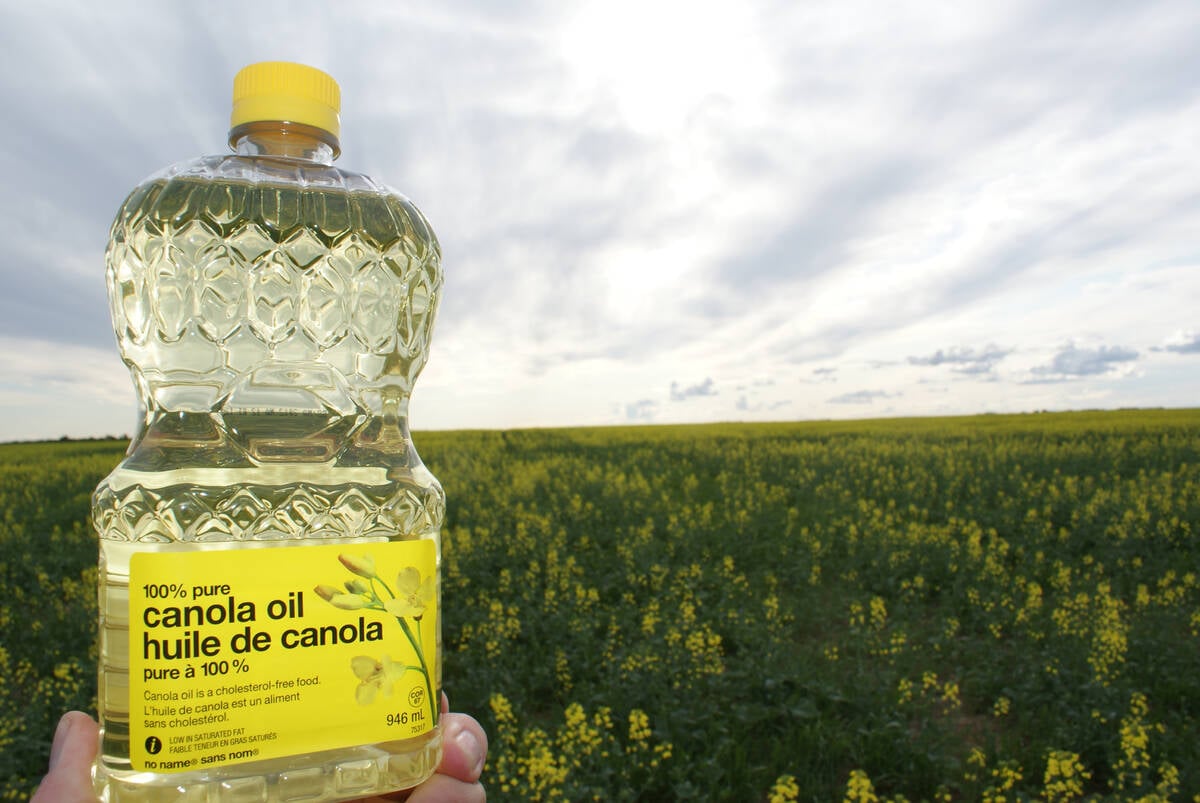The Aug. 24 recall of the entire production from Maple Leaf Foods’ Toronto meat processing plant came a week too late, says a University of Regina food safety analyst.
Sylvain Charlebois said the suspicion that a listeriosis outbreak originated in the plant should have been enough to warrant a full recall.
Maple Leaf voluntarily recalled 23 products earlier last week and then expanded the list to 220 after genetic testing linked the plant to the strain of listeria bacterium found in ill consumers.
“If you want to really properly manage risk and fear, that’s what you have to do,” Charlebois said.
Read Also

Rising vegetable oil demand may offset bad biofuel news
Global biodiesel/renewable diesel production is expected to decline for the first time in a decade. Bad timing for a canola industry looking for new markets.
As of Aug. 25, the deaths of 12 people – 11 in Ontario and one in British Columbia – were associated with listeriosis, said Dr. Mark Raizenne, of the Public Health Agency of Canada, during an Aug. 25 media conference call.
He said the 12 deaths were among 26 confirmed cases. Of the confirmed cases, 20 were in Ontario, four in B.C., and one each in Saskatchewan and Quebec. There are also 29 suspected cases, including four in Alberta and two in Saskatchewan.
Brad Wildeman, president of the Canadian Cattlemen’s Association and a key figure during the BSE crisis five years ago, said any type of food safety scare harms the agriculture industry.
He said some may point fingers at large companies and their safety standards, but the cost of implementing food safety systems is so high that only the large companies can afford them.
“As long as we’re going to eat naturally produced food, we’re going to have naturally produced pathogens,” he added.
Listeriosis is a food-borne illness caused by the bacterium Listeria monocytogenes, which is common in the environment. It can be found in dairy, vegetable, fish and meat products and can grow slowly on foods stored in the refrigerator.
Pregnant women, the elderly and people with weak immune systems are particularly at risk of developing listeriosis.
Federal health minister Tony Clement said he expects more cases to emerge.
“I remind the public that if in doubt about any ready-to-eat meat, it is best to throw it out, as it may be impossible to determine if it is a product that has been recalled, especially if the original packaging was thrown out,” he told reporters Aug. 24.
Consumers should look for the code 97B on packaging near the Best Before date to determine if they have meat products from the Toronto plant. Maple Leaf has 23 processing facilities.
While many of the products were distributed through food service channels to institutions such as restaurants, nursing homes and hospitals, others were sold in retail stores and at deli counters. Brand names can vary from Maple Leaf to Safeway to Schneiders and others.
Some ready-made sandwiches sold at various retail and convenience stores in Alberta and Saskatchewan, such as Safeway and Mac’s, have also been recalled, although there have been no illnesses associated with eating the sandwiches.
The Toronto production facility underwent extensive cleaning and sanitizing under the eye of the Canadian Food Inspection Agency and was expected to reopen this week to test its systems.
Federal agriculture minister Gerry Ritz called Maple Leaf an “excellent corporate citizen” for its efforts to manage the outbreak.
The recall and shutdown will cost Maple Leaf an estimated $20 million. In a message posted on the popular site YouTube, chief executive officer Michael McCain said he was saddened by the deaths.
He said Maple Leaf’s food safety practices go beyond regulatory requirements.
“This week our best efforts failed and we are deeply sorry,” he said. “This is the toughest situation we have faced in 100 years as a company.”
A complete list of the recalled products is available at www.inspection.gc.ca or www.mapleleaf.ca.















